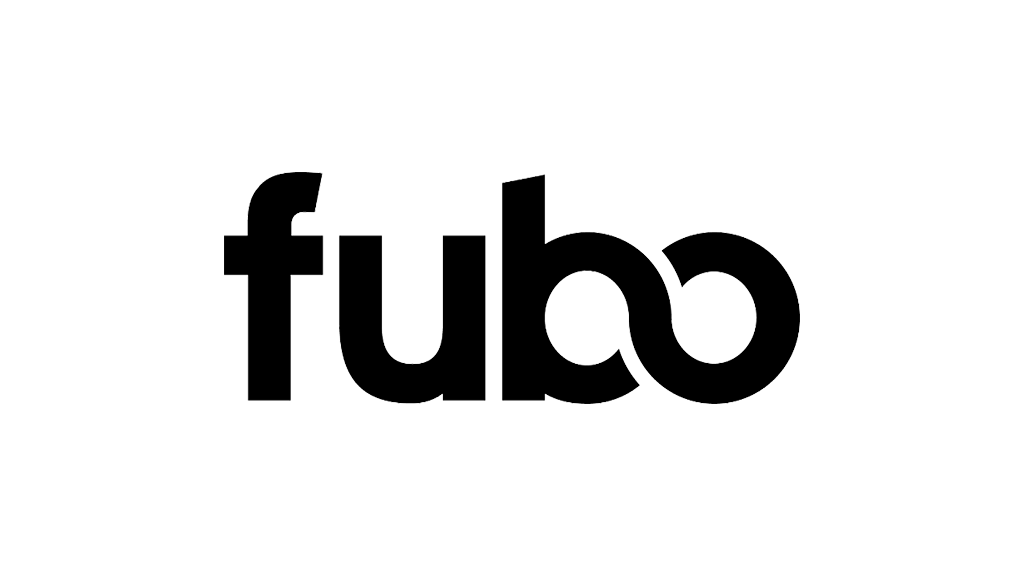A federal judge has temporarily blocked the launch of Venu Sports, the planned online video sports subscription service from The Walt Disney Company, Fox Corporation, and Warner Bros Discovery. It follows a request for a preliminary injunction from rival online service Fubo, which argued that the three companies were attempting to exploit their sports media rights to corner the market with an allegedly anticompetitive bundle. They plan to appeal the ruling, while Fubo says it will proceed with its litigation on alleged antitrust practices.
Fubo has fought against three of the largest media conglomerates in the world in a bet-the-company legal bid to save its business in the face of the launch of a comprehensive online video sports subscription service.
Fubo launched in 2015 as an online video service initially focussed on football, or what the Americans call soccer, rather than American football. It has argued that as a condition of securing rights to carry these matches it had been required to carry other channels, like other multi-channel television distributors.

In February 2024, The Walt Disney Company, Fox Corporation, and Warner Bros Discovery announced the formation of a joint venture to create a new online sports service, originally known internally as Project Raptor and later branded as Venue Sports.

Fubo filed litigation raising several antitrust claims and in April requested a preliminary injunction to block the joint venture from launching or alternatively restrict it from licensing agreements that it argued preclude the existence of a meaningful rival to the joint venture.
Fubu has never had a profitable quarter although is aiming for profitability in 2025. It argued that the joint venture could lead to an exodus of its subscribers and precipitate the immediate downfall of its business and will cease to exist.
In their defence, the joint venture partners characterised Fubo as a weak competitor that adds little value to the television ecosystem, describing the company as “an undercapitalised startup with minimal differentiation that acts as a middleman aggregator of content that other companies make possible.”
The United States district judge, Margaret Garnett, wrote in her ruling that the defendants own 54% of all sports rights in the United States and over 60% of nationally broadcast sports rights and an even larger share of football. They own closer to 80% of the rights of all nationally broadcast games in baseball, hockey, football, and basketball.
Once the joint venture launches, the defendants “have no reason to take actions that could allow for the emergence of direct competitors,” she wrote. “Quite the opposite: the multi-year monopolistic runway they have created for themselves will provide powerful incentives to thwart competition and hike prices on both consumers and other distributors.”
Even if the defendants were not to raise prices and exclude competition, the judge said: “one purpose of antitrust injunctions is to prevent anticompetitive incentives from forming in the first place so that American consumers do not have to simply take their word for it and hope for the best”.
The judge granted the motion for a preliminary conjunction, concluding: “because Fubo is likely to be successful in proving its claims that the JV will violate this country’s antitrust laws, because Fubo and American consumers will face irreparable harm in the absence of an injunction, and because the equities and the public interest weigh in favour of preserving the status quo pending full and fair adjudication of all issues in this matter.”
In conclusion, the judge wrote that the court’s concerns about the anti-competitive effects of the joint venture appear to be widely shared by its competitors and a range of non-profit consumer advocacy organisations. In contrast, it said there was no evidence of any other party extolling the allegedly pro-competitive benefits of the joint venture.
There is general agreement that the maximum potential viewers of live sports are not currently being adequately captured by the existing array of services in the live pay television industry.
“The fundamental disagreement, therefore, lies in exactly who should be able to capture this market, and by what means they should be permitted to do so.” To litigate this crucial issue “requires the preservation of the status quo” and so the court resolved it is in the public interest to grant the preliminary injunction.
The joint venture participants are therefore prevented from launching the joint venture pending final adjudication of the merits of this case or a further court order.
“This decision will help ensure that consumers have access to a more competitive marketplace with multiple sports streaming options,” David Gandler, the co-founder and chief executive of Fubo said in a statement. “A fair and competitive marketplace is necessary to provide consumers with multiple, robust and more affordable sports streaming options. We will continue to fight for fairness and for what’s best for consumers.”
“We respectfully disagree with the court’s ruling and are appealing it,” the joint venture companies collectively responded. “We believe that Fubo’s arguments are wrong on the facts and the law, and that Fubo has failed to prove it is legally entitled to a preliminary injunction. Venu Sports is a pro-competitive option that aims to enhance consumer choice by reaching a segment of viewers who currently are not served by existing subscription options.”
Fubo said that it intends to move forward with its litigation against the joint venture partners and their affiliates for antitrust practices.
The case is being watched closely by other video distributors. DirecTV said in a statement: “We are pleased with the court decision and believe that it appropriately recognises the potential harms of allowing major programmers to license their content to an affiliated distributor on more favourable terms than they license their content to third parties.”
